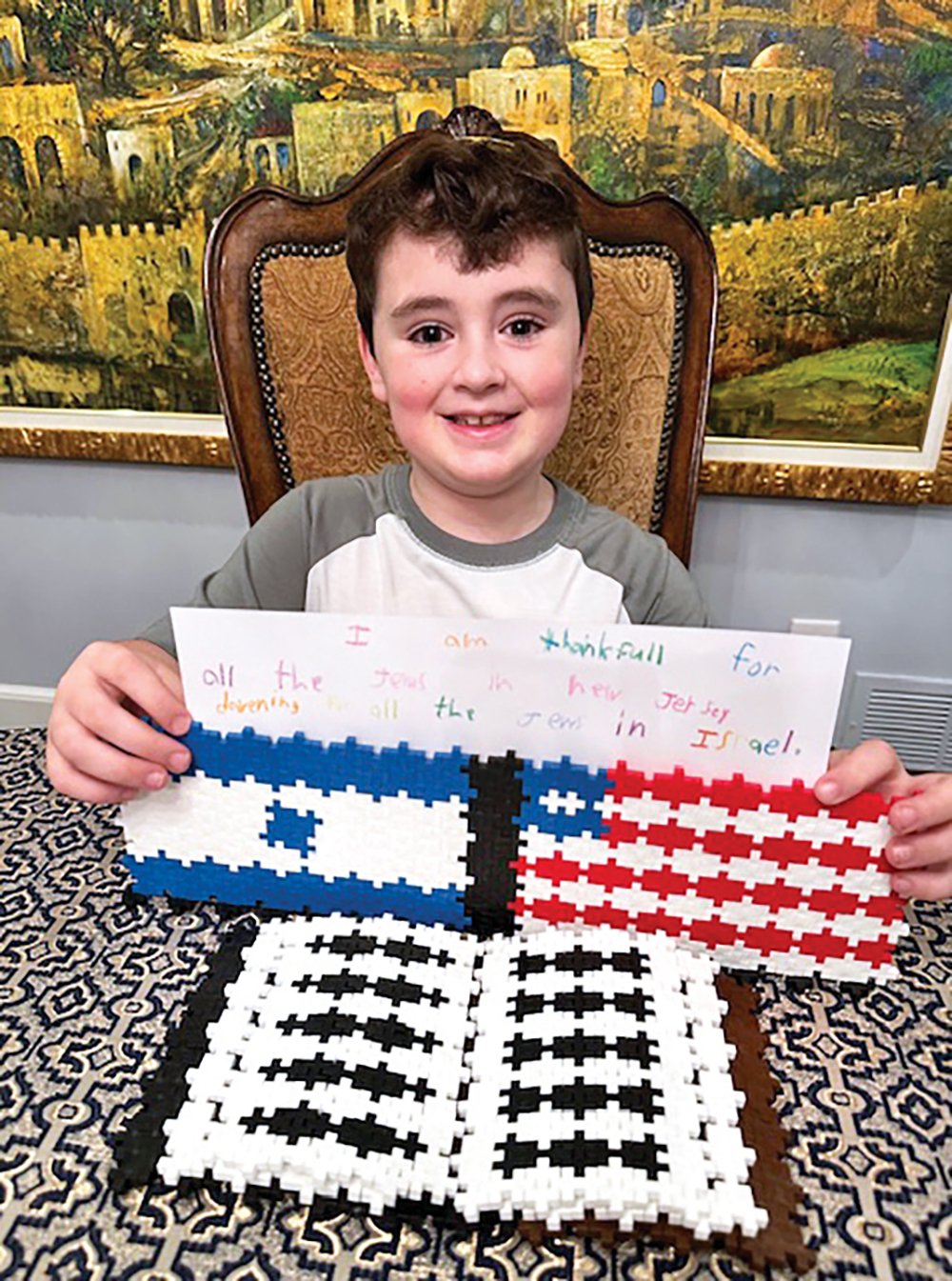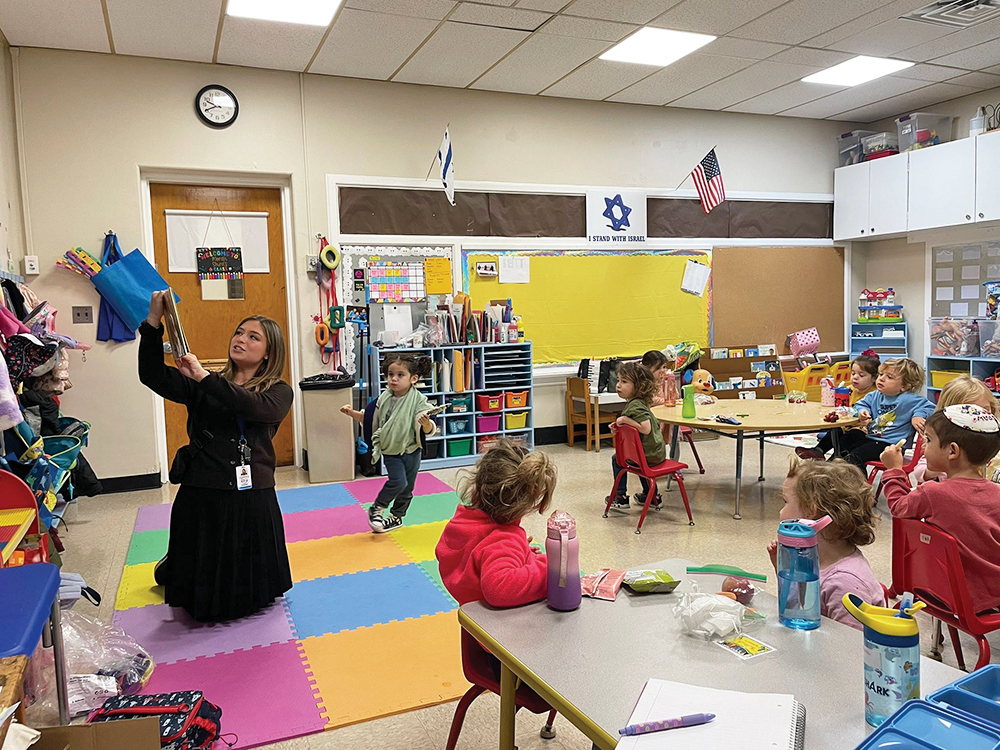Hezbollah violated the status quo in October when it opened fire; now it must realize attacks on northern border communities will meet the same response as attacks on Tel Aviv.
The events of this past Sunday mark only the beginning of an opportunity to take two critical actions, with one ultimate goal: ensuring the safe return of northern residents to their homes.
The first necessary step is to update Israel’s war objectives, which for the past 10-plus months have focused solely on Gaza — specifically, dismantling Hamas’ governing and military capabilities and securing the return of hostages.
The changing situation in the north must be acknowledged without compromising these other goals. The number of troops currently in Gaza is the lowest since the war began, consisting mostly of a few regular units that should be redeployed to the north and replaced by reservists.
The Israeli Air Force is certainly capable of handling the tasks in Gaza. Meanwhile, negotiations should continue until an agreement is reached, without leaving northern residents in limbo.
The second essential move is to demand that Benjamin Netanyahu and Yoav Gallant leverage the recent preemptive strike to make it clear to Hezbollah that the rules of engagement have changed. From now on, the security of Metula and Kiryat Shemona must be regarded with the same seriousness as that of Tel Aviv. Hezbollah first violated the status quo on Oct. 8, and Israel has yet to make it clear that they must return to the pre-Oct. 7 understandings or face unprecedented destruction in Lebanon.
Officers in the Northern Command had been urging for months to be allowed to respond disproportionately to any attack on Israeli communities, but the government held them back. Since last weekend, after Israel demonstrated impressive intelligence capabilities and Hezbollah was embarrassed in front of its own people, it has become even more critical to show the Lebanese public — who are pressuring Hezbollah — what awaits them if attacks on Israeli towns continue.
It is hard not to sympathize with the frustrations of northern residents, who watched as Israel disrupted a Hezbollah operation targeting strategic sites in the north and center — reportedly including an intended strike north of Tel Aviv where Mossad has its headquarters and the IDF intelligence Unit 8200 is based — yet shows far less initiative and boldness in addressing their daily suffering.
Following the early morning preemptive strike, based on precise intelligence, northern residents awoke to a reality where they feel they matter less than their counterparts in central Israel. They’ve dubbed it the “Tel Aviv Peace War” and they’re not wrong.
The frustration is so intense that northern municipal leaders — David Azoulay, head of the Metula Local Council; Moshe Davidovitch, head of the Mateh Asher Regional Council; and Giora Zaltz, head of the Upper Galilee Regional Council — have united, declaring: “From now on, we are ceasing all communication with the government until there is a complete and comprehensive solution for the residents and children of the northern border. This solution must include full security measures for the safe return of evacuees, ensuring the safety of all residents, and approval of an economic recovery plan for the north. ‘Operation Tel Aviv Peace,’ conducted this morning without providing a genuine security solution for northern residents, epitomizes the disconnect between the Israeli government and hundreds of thousands of its citizens.”
Why is their anger so justified? Because just a few months ago, in June and July, the IDF eliminated two senior Hezbollah commanders, Abu Taleb and Abu Naameh. The military accurately predicted Hezbollah’s response: 200 rockets (per incident) fired at the North. Were there any warnings to Hezbollah back then? No. Any limited preemptive strikes? Absolutely not. Any powerful response to the rocket fire? They would have laughed. The disparity is not just evident — it’s glaring.
Yossi Yehoshua is a journalist and author, and lives in Israel.












